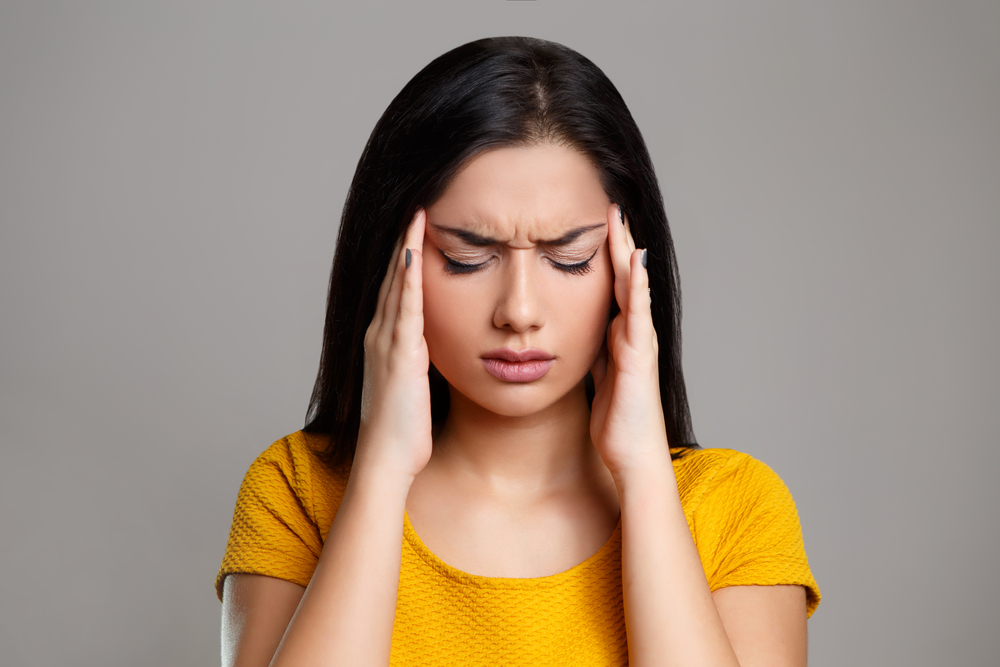Comprehensive Approaches to Migraine Prevention and Management
This article explores effective strategies for managing migraines, including medications, lifestyle changes, and alternative therapies. It highlights both treatment options during attacks and preventive measures to reduce their occurrence, ensuring comprehensive migraine care tailored to individual needs.
Sponsored

Migraine, primarily a neurological headache disorder, presents with recurrent, intense head pain and accompanying symptoms. Diagnosis relies on medical history, clinical signs, and neurological assessments. Common warning signs include blind spots, nausea, flashing lights, tingling sensations, vomiting, and speech difficulties. Attacks can last hours or days, significantly impacting quality of life.
Management Strategies for Migraine
Effective migraine control involves various treatments to alleviate symptoms and prevent future episodes. Several medications are tailored specifically for migraine therapy.
Medications fall into two main categories:
Pain control drugs – used during a migraine attack, these aim to reduce or eliminate symptoms quickly.
Preventive therapies – taken regularly to decrease attack frequency and severity.
It’s essential to consult a healthcare provider before starting any medication, especially for pregnant women, breastfeeding mothers, or children.
**Pain Management Medications**
These should be taken promptly once migraine symptoms appear, ideally in a dark, quiet environment. Medications include:
Over-the-counter painkillers for mild migraines
Acetaminophen, Aspirin, and Caffeine for moderate pain
Triptans for moderate to severe migraines
Anti-nausea medicines that also help reduce migraine severity
Preventive Treatments for Migraine
Preventive medications are suited for individuals experiencing:
Four or more severe attacks monthly
Attacks lasting over 12 hours
Unresponsive to pain relievers
Lingering numbness or weakness
These help diminish the frequency, intensity, and duration of migraines. Many enhance the efficacy of symptom relief drugs.
Common preventive drugs include:
Beta blockers – cardiovascular agents that also manage high blood pressure and heart disease
ACE inhibitors
Tricyclic antidepressants for migraine prevention
Alternative Approaches
Chronic migraines may benefit from non-conventional therapies such as:
Acupuncture – inserting fine needles at specific body points, shown to reduce headache frequency
Biofeedback – a relaxation technique using special equipment to control stress-related physical responses
Massage therapy – proven to lower migraine episodes
Herbal remedies, vitamins, and minerals – Feverfew and Butterbur are notable herbs; high doses of Vitamin B-2, Coenzyme Q10, and magnesium supplements may also help prevent migraines
Always consult your healthcare provider before using supplements or herbal treatments, especially if you have other health conditions.
Lifestyle and Home Remedies
Self-care practices can significantly lessen migraine episodes:
Relaxation techniques – progressive muscle relaxation, meditation, or yoga to reduce stress
Consistent sleep schedule – aim for adequate, regular sleep patterns
Resting in a dark, quiet environment – applying a cold compress to the neck and scalp can ease pain
Keeping a headache diary – document frequency, possible triggers, and effective treatments to share with your doctor






